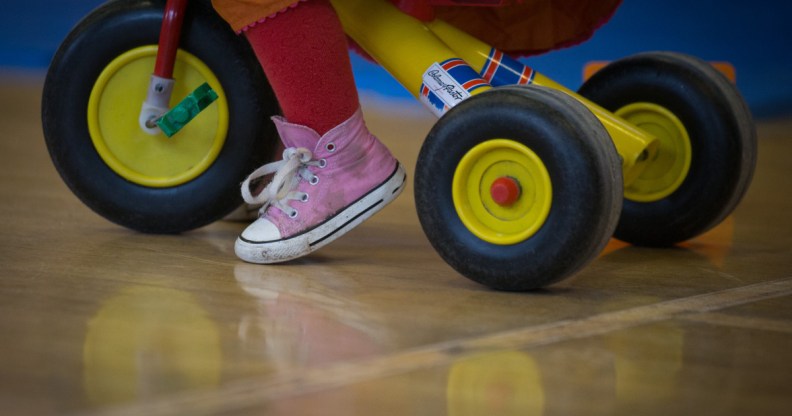Number of children seeking gender treatment more than double than expected

A growing number of children in Denmark are coming out as transgender, with more than twice than expected expressing the desire to transition.
The news comes after the country announced plans to declassify being transgender as a mental disorder.

The sexology Clinic in Copenhagen is offering hormone treatment to 130 minors this year, despite only anticipating 50 people would seek out the treatment, according to the Local DK.
Hormone suppressors are available to children aged 12 and up in Denmark and once they are 16 they can begin a full hormone treatment.
“The large number of requests in the Nordic countries is because we have been very late in starting treatment,” spokesperson Linda Thor Pedersen told Ritzau.
“Many more children can now get help to clarify whether they want treatment and receive the treatment at a time when puberty hasn’t yet harmed them.
“With transgender girls, their Adam’s Apple grows and with transgender boys their hips widen. This is something that will impact them for life because it can’t be fixed with an operation,” she said.
The rise isn’t isolated either, in Sweden a clinic treated four children in 2012 but that number rose to 200 in 2016.
The Tavistock clinic in England has seen a 50% increase in demand for services every year since 2010.
Despite the growing number of trans children, parents in England still fear their children could be taken away following a High Court ruling.
In the case, Mr Justice Hayden ruled that a seven-year-old’s mother had caused the child “significant emotional harm” through her insistence that the child born male, live as female.
Since the ruling, at least four mothers have said their ex-partners had threatened a custody hearing.
Susie Green, CEO of Mermaids UK, a trans support charity, told the Guardian that all the former partners didn’t agree with the child’s presentation.
“All the ones that have come through so far have been the mum who has custody and the father is unsupportive,” she said.
“[Fathers] have literally said, ‘I’ve seen this [ruling]. I’m going to take you to court’. Parents are very, very frightened and rightly so.”

